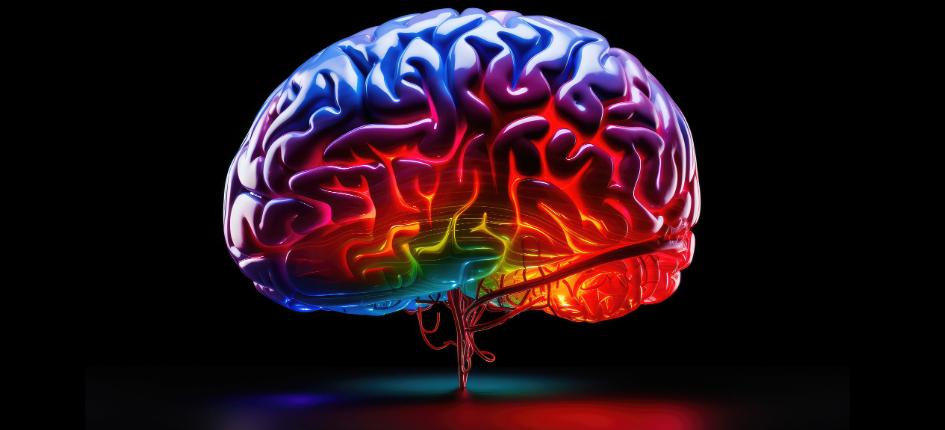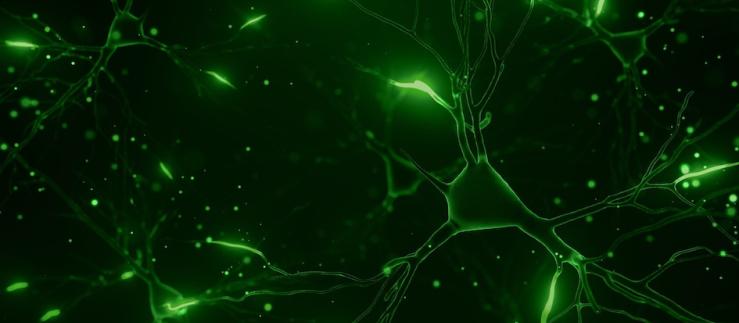As we age, our cells gradually lose the efficiency to dispose of the waste they generate, leading to an accumulation that can provoke inflammation and dysfunction throughout the body, particularly affecting neurons. This process contributes to chronic inflammation and the eventual death of brain cells. The University of Fribourg team’s research, however, indicates that mitophagy – a more specific type of autophagy focused on the maintenance and recycling of mitochondria, the cell’s powerhouses – remains stable or even increases with age, presenting a viable target for therapeutic intervention.
Utilizing a fluorescent imaging technique, the researchers observed stable or enhanced mitophagy in aging mice across all organs. “We believed it was a cellular strategy to prevent the spread of mitochondrial DNA into the cytosol, which triggers a defense reaction and hence inflammation,” said Prof. Boya.
New avenues for addressing age-related neuroinflammation
The team’s experiments with urolithin A, a known mitophagy inducer, on aging mice, yielded promising results. The treated mice displayed reduced levels of inflammation and notable improvements in cognitive, visual, and motor functions. Further testing in cell cultures from elderly human donors has successfully replicated these outcomes, suggesting the phenomenon may be conserved across species.
These findings open new avenues for addressing age-related neuroinflammation without altering the immune system’s physiology or inducing immunosuppressive effects. This development not only builds on the University of Fribourg’s previous work in bioinspired nanosensors and cancer detection, but also positions the institution at the forefront of research into mitigating the effects of aging on the brain, offering hope for improved treatment options for age-related neurological conditions.






